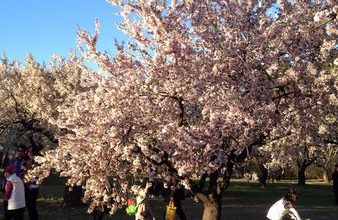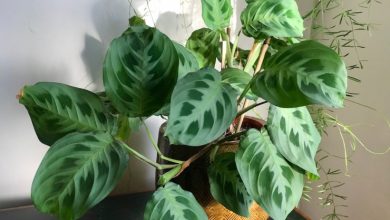Organic Pesticides for the Organic Garden: 7 Natural Pesticides
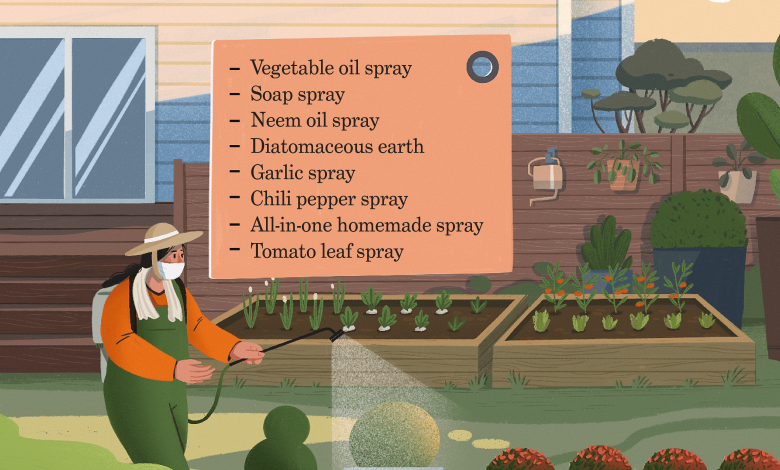
What are natural pesticides and organic pesticides? What are the most used organic pesticides?
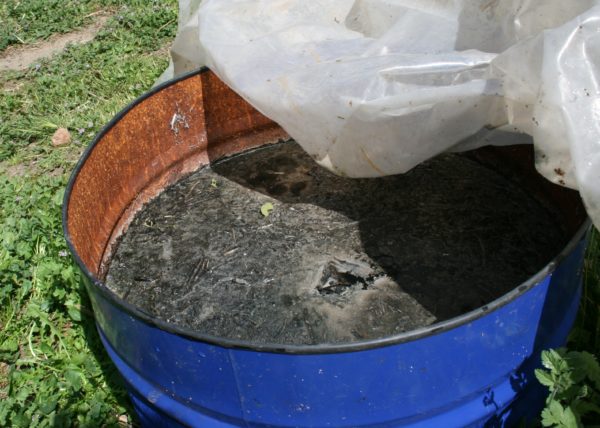
Today we will talk about these ecological insecticides, natural remedies for plant pests that can be used to eliminate harmful insects in an ecological way and without damaging the environment or putting our health at risk due to the use of chemical products.
What are organic pesticides?
Natural insecticides are products that are applied to eliminate pests in an ecological way. Their main characteristic is that they are not synthetic chemical products but rather come from organisms or elements that can be found in nature (such as plants, microorganisms or minerals).
Ecological pesticides can be organic (i.e. of animal or plant origin), such as plant extracts and those containing beneficial fungi, or of mineral origin, such as powdered sulfur or potash soap.
Types of organic pesticides for the organic garden
Below we will see some types of organic pesticides that can be used to eliminate pests in organic garden plants.
1. NEEM OIL
Azadirachtin is the main component or active ingredient obtained from the seed of the fruit of the Neem Tree (Azadiratcha indica).
Neem insecticide or neem oil is widely used in organic gardens because it is a very effective broad-spectrum natural pesticide against aphids, mites, whiteflies, nematodes, thrips…
2. PELETHRUM
It is a natural powdered pesticide obtained from the flowers of Chrisantemun cinerarifolium or Anacyclus pyrethrum. It is effective against aphids, whiteflies and mites such as red spiders, although it is also toxic to beneficial fauna such as pollinating bees, so it should be used sparingly.
Keep in mind that it should always be applied at low concentrations -up to 25%- so it should be mixed with another powder (talcum powder, for example) or dissolved in liquid organic solvents.
3. ROTENONE
Rotenone is obtained from the roots of the Derris elliptica plant. This organic pesticide is effective against beetles, caterpillars, thrips, mites or aphids. It is applied like pyrethrum, sprinkling it or diluted.
4. BACILLUS THURINGIENSIS
Bacillus thuringiensis is a bacterium that is used for thebiological control of moth and butterfly pests… (Tuta Absoluta, butterfly or cabbage caterpillar…). It is usually sold in the form of a powder that contains thousands of colonies of this bacterium. It is applied diluted in water and is effective against the larvae (caterpillars) of theseLepidoptera.
5. PESTICIDES MADE WITH PLANTS
Nettles, garlic and horsetail are three basic and very common plants to eliminate garden pests in ecological pest control. These plants can be grown in the garden to take advantage of their allelopathic effects (the smell of garlic, for example, repels many pests), or make natural insecticides with them.
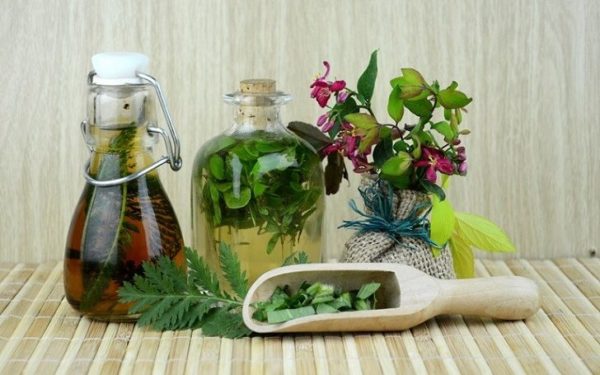
These plant-based organic pesticides control such common pests as aphids and spider mites, and are also effective against garden fungus. You can read more and see some examples of homemade insecticides made with plants in the post “ 3 natural remedies against pests and diseases ”.
Other plants with which to make insecticide infusions or decoctions to keep pests away are ferns, which prevent red spider mite, and wormwood, with which you can make an aphid-repellent infusion.
Chili peppers or hot peppers, as we saw in the Sanyuanli Community Garden in Beijing, are used to make natural insecticides for aphids and mites such as red spiders.

6. QUASSIA
This powdered product is obtained from the wood or bark of a tree called Quassia amara.
Quassia insecticide is an ecological pesticide that prevents several common pests such as aphids or potato beetles. It is applied diluted in water or sprayed.
7. COMMERCIAL ORGANIC PESTICIDES
Homemade preparations can be made with all these plants through infusions or extracts, although sometimes it can be complicated or we do not have enough time… In that case, you can buy organic pesticides that come already prepared.
In specialized stores you can find natural antifungals or organic insecticides suitable for use in Organic Farming (which are natural, without chemicals, biodegradable…). These commercial organic pesticides are usually made from plant extracts like the ones we have seen in today’s post.
An example is the products offered by BIOSUM, a company dedicated to finding solutions for farmers that are sustainable and respect the environment. In its «Biocontrol» line you can find AZASUM, a product made from AZADIRACTIN (the active substance that I told you about before and that comes from the Neem Tree). This product will help you protect your plantations from pests such as thrips or red spiders.
References
- Esparza-Díaz, G. et al., 2010. Azadirachtin concentration, insecticidal effectiveness and phytotoxicity of four Azadirachta indica extracts. Agriscience, vol. 44 (7), p. 821-833.
- Porcuna, JL, 2011. Technical Sheet, Inputs: Quassia amara. Ae Magazine of Ecological Agriculture and Livestock, nº 5, pag. 62.
- Keshavareddy, G. & Kumar, ARV, 2016. Chapter 14 – Bacillus thuringiensis, Ecofriendly Pest Management for Food Security, p. 443-473. Ed. Omkar.
- Porcuna Coto, JL Pest and disease control in organic farming. Spanish Society of Ecological Agriculture.

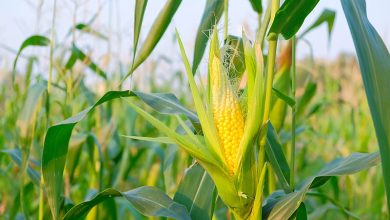
![Photo of Hanging Plants: [Planting, Care, Examples, Irrigation and Images]](https://www.complete-gardening.com/wp-content/uploads/2022/08/2_Lobelia-300x225-1-300x220.jpg)
